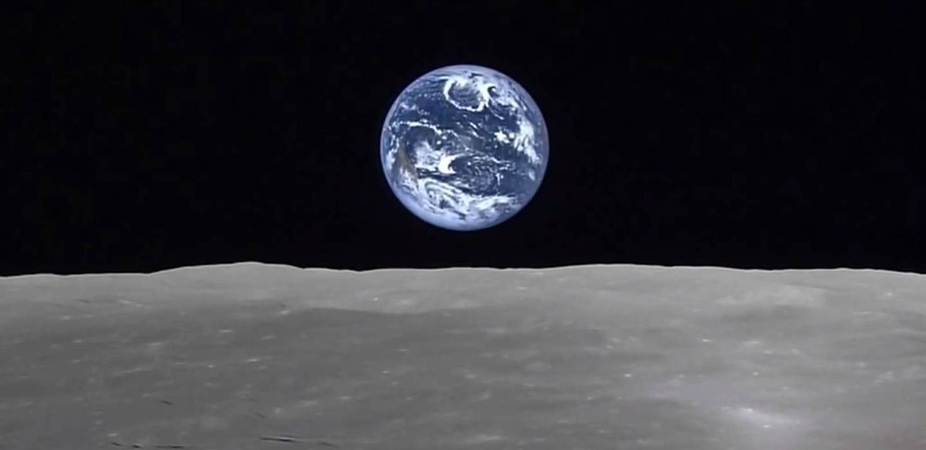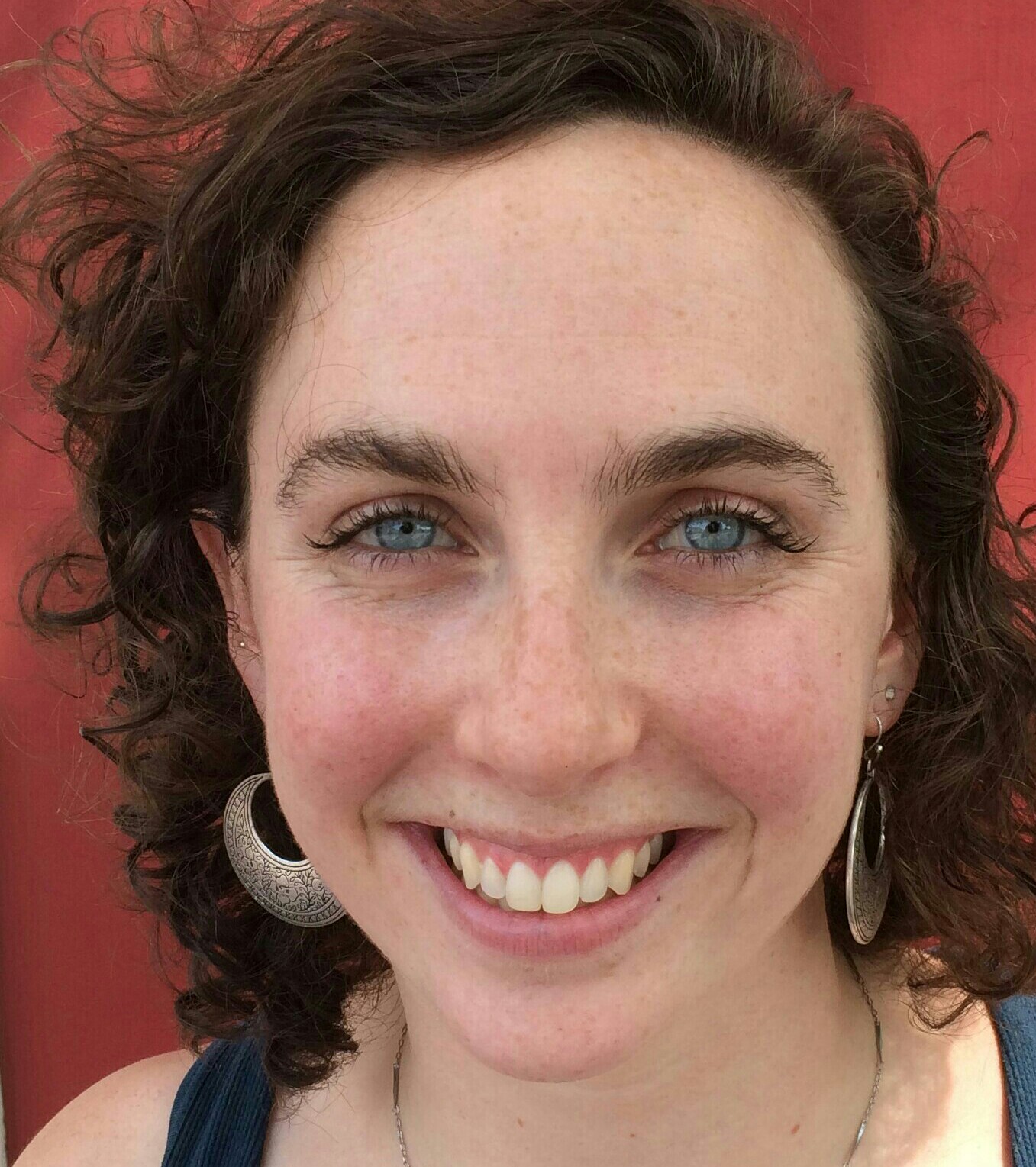Climate Change Risks Are Real, Warn Economists and Scientists

For the sake of future public health and safety, the debate surrounding climate change must shift from whether or not it is happening to what people can do to mitigate the risks associated with it, according to a team of scientists who recently launched a new initiative to increase public engagement in climate change action.
Thirteen of the country's leading climate change researchers representing a range of scientific fields — including oceanography, ecology, public health, and others — have worked together to write a short report called "What We Know" and launch an interactive website to help demystify aspects of climate change that scientists generally agree upon as fact, such as that climate change is definitively happening and that it is caused by humans.
The team — spearheaded by the American Association for the Advancement of Science (AAAS), the world's largest general scientific society — has partnered with strategic communications groups to improve public engagement in climate action by holding meetings and media events that focus on the risks associated with climate change and encourage people to start seriously considering risk management plans for hazards such as imminent sea level rise and food shortages. [The Reality of Climate Change: 10 Myths Busted]
The team hopes their wide array of expertise, representing many different fields of science, will help them make their case with the public.
"It is a bit unusual to have a collective group of people with these perspectives on climate science and expertise that ranges from the tropics to the Arctic, from the bottom of the ocean to the top of the atmosphere," team member James McCarthy, a biological oceanographer at Harvard University, told Live Science prior to a press briefing about the new initiative. "It is unusual to bring together so many different perspectives."
The team acknowledges that other similar climate initiatives have tried and largely failed to engage the public in the past, but hopes that their non-governmental affiliations and collective expertise will make a stronger impression than previous attempts have.
"From my perspective, you can't say this message enough times and in enough different ways before hoping to get some effects," team member Alan Leshner, CEO of AAAS, said during the press briefing.
Sign up for the Live Science daily newsletter now
Get the world’s most fascinating discoveries delivered straight to your inbox.
The scientists have also consulted with economists to try to develop ways of creating financial incentives to motivate people to reduce greenhouse gas emissions and take action against climate change.
"There are strong incentives to produce emissions," Bob Litterman, an economist with the New York City-based asset management firm Kepos Captial, said during the press briefing. "The subsidies to fossil fuel consumption globally dwarfs the incentives to reduce emissions. And that is just completely irrational. So we have to develop a global policy and that requires a close collaboration between scientists and economists moving forward."
The team has considered holding private hearings with policy makers, but has not yet solidified plans to do so.
Follow Laura Poppick on Twitter. Follow us @livescience, Facebook & Google+. Original article on Live Science.










